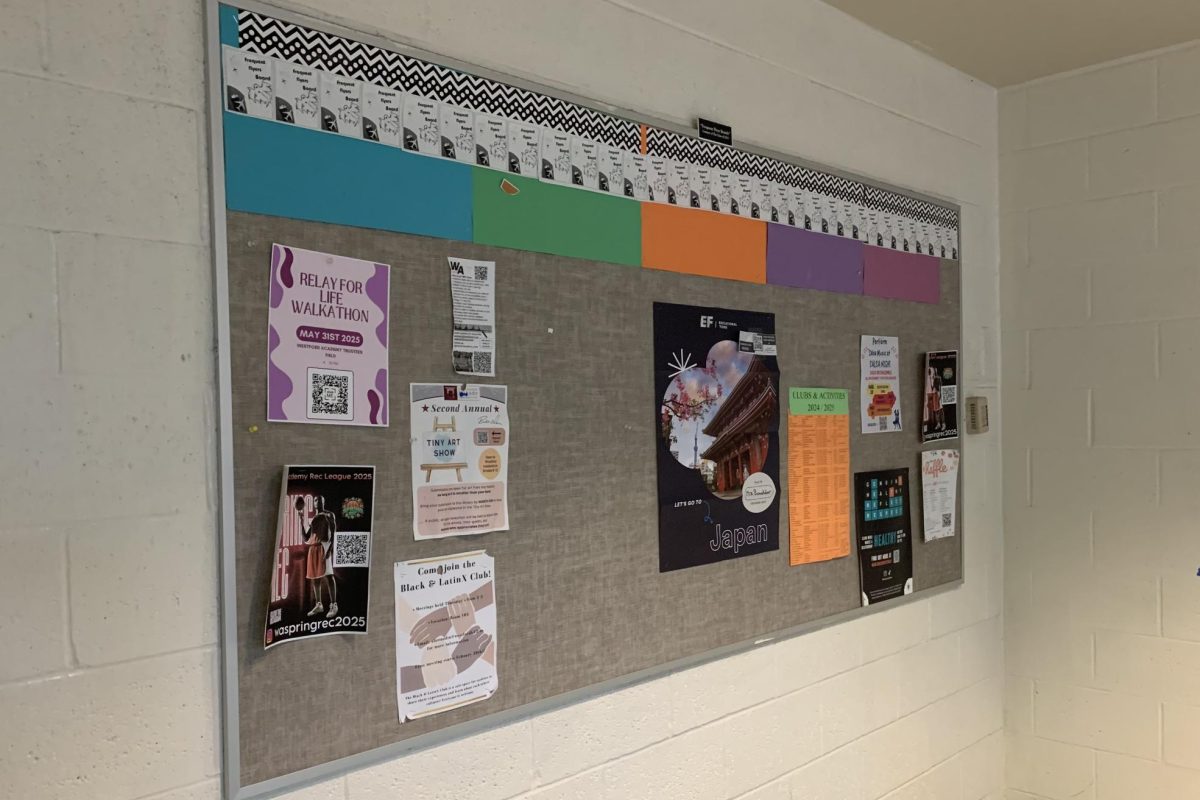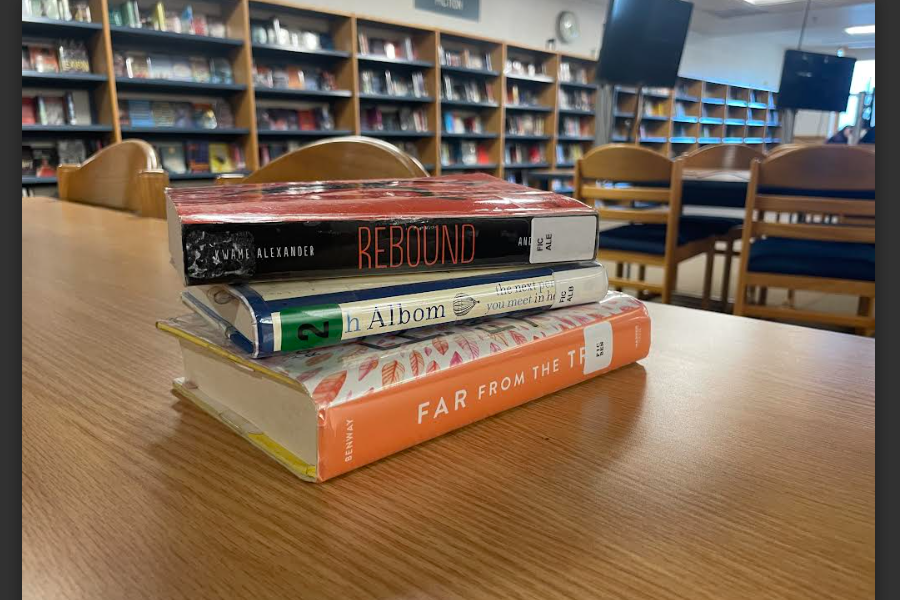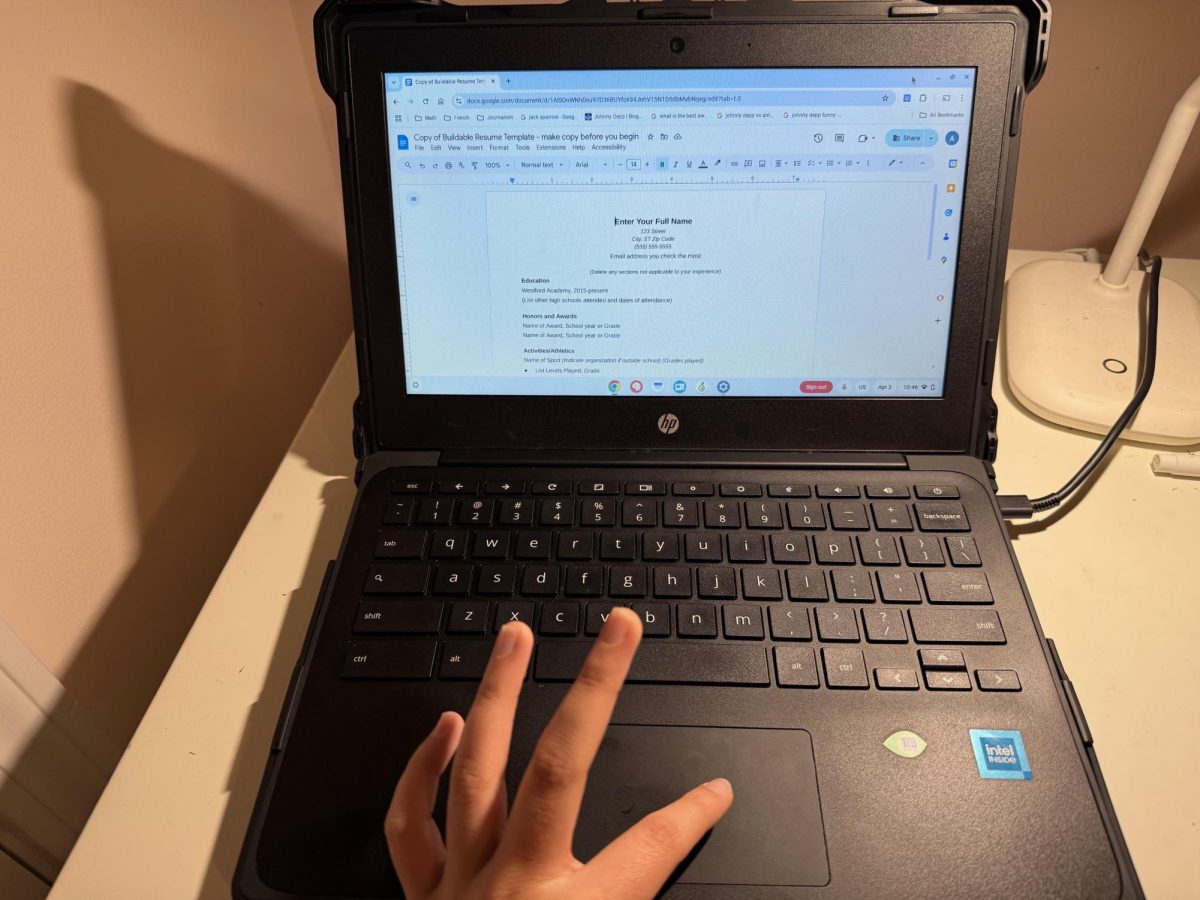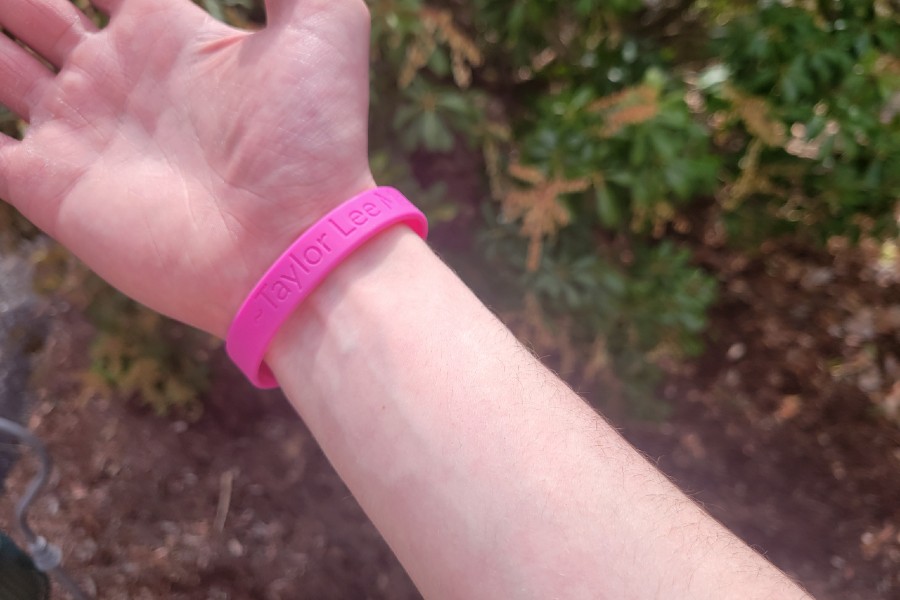By Alok Ganguly
Managing Editor
In the past few years, the number of accidents that have taken place at or near WA has increased heavily. While there are safety precautions at the beginning and the end of the school day with traffic coordination, there is still a large amount of traffic in the area, which is partly responsible for the amount of car crashes in the area.
School Resource Officer Jeff Pavao believes that most of the accidents near WA are a combination of the traffic and distracted driving.
“I know there are definitely cars that are running the stop signs, but that kind of comes back to being distracted. If people pay attention, the stop signs that are there should work,” said Pavao.
Smartphones are just one of the many causes of distracted driving, providing many possible distractions in one small device such as videos, music, texting, and phone calls.
According to a study done by the Pew Research Center, a division of Harvard University, 78% of teens now have a cell phone, and 47% of those own smartphones. Additionally, 90% of adults own a cell phone, and 58% own smartphones.
The age group of 16-29 is the most susceptible to distracted driving. According to the Center of Disease Control and Prevention, over three thousand people were killed in 2012 due to distracted driving, and an additional 421,000 people were injured by distracted drivers.
The consequences of distracted driving differ from teenagers to adults in Massachusetts. Teens have to pay a $100 fine, lose their license for sixty days, and are required to take a course on distracted driving for their first offense, while adults are required to pay $35 for their first offense.
Pavao thinks that these punishments need to be stiffer.
“I think a lot of kids don’t take the punishment seriously, and losing [a student’s] license for a year is a pretty stiff punishment,” said Pavao.
While teens are normally thought of as the epitome of distracted drivers, Pavao thinks that the spotlight should focus on their parents as well.
“There needs to be a little more accountability between parents and kids, its a privilege, not a right to drive. If parents are getting reports of [distracted driving], take the car away. Until they can respect the right to drive, don’t let them drive,” said Pavao.
When an accident is reported, Dean Bob Ware is one of the people that WA sends out to view the aftermath, so he has the opportunity to see who is involved in most of these crashes, and stated that he saw more adults involved in the crashes than teens.
“You got a high volume of people under time constraints, which makes a recipe for disaster. [When] you got people coming from all [directions] trying to get to work, and trying to get to school, [accidents are] bound to happen,” said Ware.
Unlike Pavao, Ware believes that instead of enforcing stricter punishments, that more improvements should be made on some intersections to try and reduce the number of accidents.
“There’s things that they need to look at: sets of lights, Patten road is a one-way, maybe we can look at that becoming a two-way to alleviate some of the volume,” said Ware.
Steps have been taken already by the town. According to Ware, police officials and town engineers have already had meetings discussing some of the options regarding traffic control, but no definite plans have been made yet.
In addition to installing traffic lights on Coldspring, Ware thinks the addition of a traffic cop in the morning and at the end of the school day would further alleviate pressure.
“When you got this many people coming, you need to have someone. We are here, in the building, and we cannot assess what is going on outside on Coldspring. We need to have some engineers, some officers out there to see what we can do,” said Ware
In the end however, most of these accidents are linked with negligible driving habits, such as speeding or texting and driving, and in order for the ride to and from WA to be safe, people need to be more cautious.
“When it comes down to it, there are rules of the road, and people need to follow them. They need to put their safety first,” said Ware.






